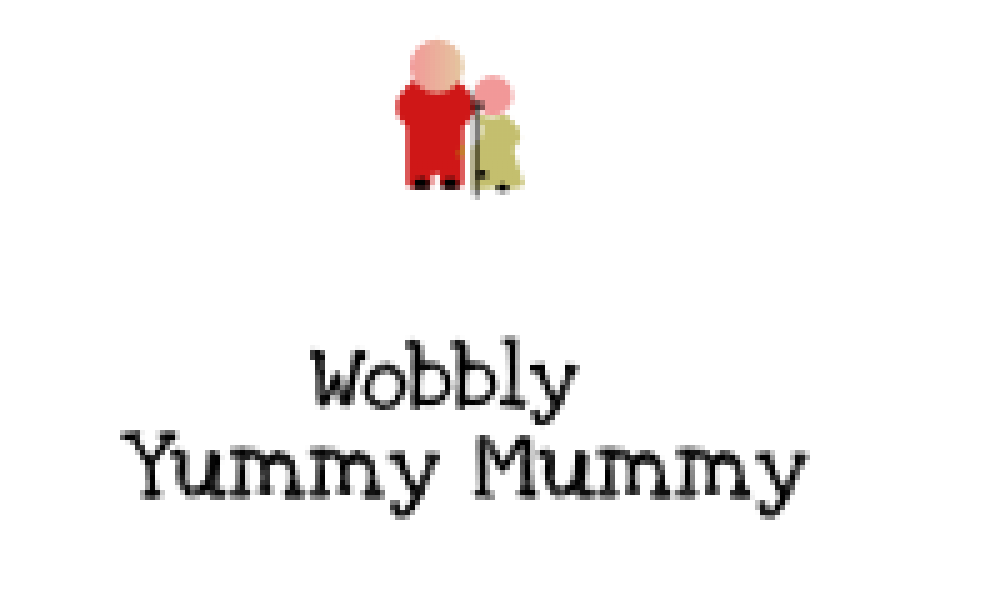It is three weeks to Halloween. You can tell this by the smell of turf lingering in the air at four o’clock in the evenings, by the sudden chill that envelopes you in the mornings, and by the faint sound of bangers being let off by the local ruffians.
Halloween seems to be the only time of year when it’s okay to be a freak; in fact, the gorier your costume and makeup, the better. You can even add fake blood, squelchy eyeballs and severed fingers to the mix for a truly horrifying effect.
What most people are trying to achieve is to look as unhuman and frightening as possible. I’ve been opening the door to excited trick-or-treaters for six years now, who stand there waiting for me to express my terror (and to hand over the goodies).
More often than not, it is they who end up full of terror.
What they see is a misshapen young lady, with sudden and uncontrolled movements, saliva flowing freely as she reaches her hand into the oversized tub of sweets, her speech slurred as she compliments their shop-bought costumes (I haven’t seen homemade ones for years). I can’t imagine what it’s like to be that young child on my doorstep, but it’s clear to me that my disfigured body and unusual movements are scarier than any costume they will ever see.
For somebody who doesn’t have one, having a disability can be a frightening prospect. I’m sure I’m not the only one that’s been told ‘I don’t know how you do it. If I had what you had, I’d die.’ My disability has often been referred to as a ‘handicap’, ‘illness’, ‘that’ disease (which is my favourite so far) and of course, like many others, I’ve been called retard, rehab, spastic (actually correct in a way, but not when there’s an ‘a’ in front of it), and other uncomplimentary things.
The truth is that people are afraid of disability, because being born without one does not grant you immunity from the possibility that you may acquire one by being in an accident, or even develop one, such as Parkinson’s or MS. Recently there has been speculation over whether being diagnosed with Parkinson’s led to Robin Williams’ suicide. We can never know for certain, but this sort of hearsay only reinforces preconceptions that disability is something to be dreaded, often a fate worse than death.
And in spite of the outrage that followed Hitler’s T4 Project during World War II (i.e. the mass murder of millions of people with disabilities across Europe, inspired by the concepts of racial cleansing and ‘survival of the fittest’), people are still afraid of disability. Some of the implications of this for people with disabilities are obvious, such as being stared at, and imitated by, strangers; being ridiculed for the way one walks and talks; being asked ‘is there somebody with you?’ as you mind your own business and wish that others would too.
However, lack of awareness and empathy surrounding disability issues have more devastating consequences than having to endure idiotic questions from Mr. Joe Soap. There was a conference held on the 25th September last in Kilmainham which addressed the financial and social costs of disability. Unfortunately I could not attend, but it seems like the biggest cost of disability is the loss of dign¬ity. A high proportion of people with disabilities live in poverty, unable to gain profitable employment. Many have lost their Household Benefit packages and their medical cards, and people with disabilities tend to face higher food and heating bills owing to their impairments.
Every so often, experienced disability activists stage well-publicised protests against cutbacks outside the Dail. These are the people who campaigned for equal rights and deinstitutionalisation for people with disabilities, nearly twenty-five years ago. How depressing that, nearly twenty-five years later, we are still campaigning for the same things.
And believe me, these things are fundamental to people with disabilities. All we want is equality. A lot of us need assistance to contribute to our economy, be this Personal Assistance or technological assistance. We need to be given access to goods and services through the provision of accessible transport and accessible business premises. Most significantly of all, we need to promote inclusion and integration in our communities by deconstructing the preconceptions surrounding disability and promoting the ability and strengths of each individual. If we don’t, things will never change and people with disabilities will be stuck in an endless time warp.
Which would be much more frightening than all the ghost stories on the planet.
